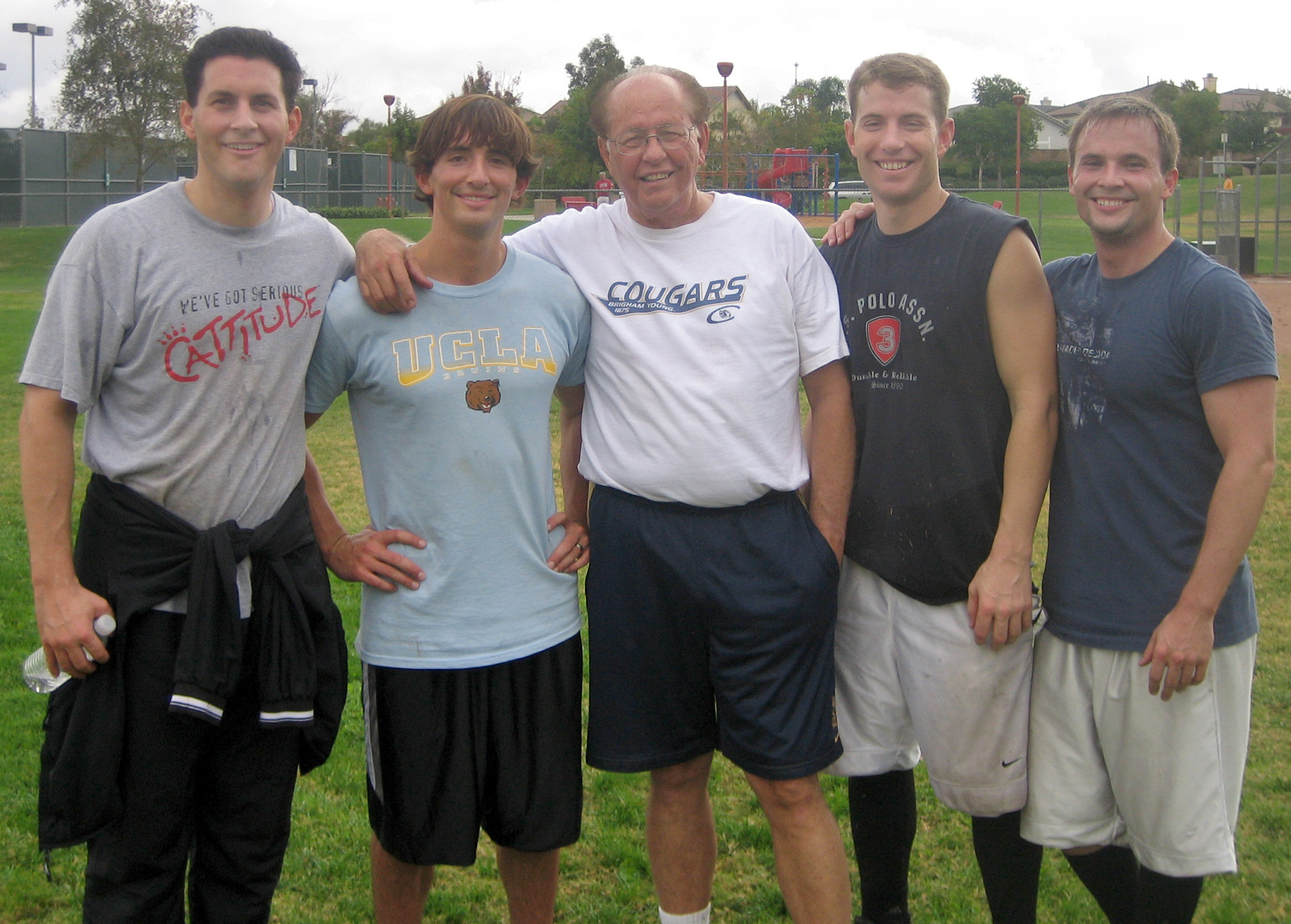As a child, Austin Hoover never thought twice about teasing his dad a little about spitting when he talked and using extra sauce during his meals.
For a long time, he didn’t connect his father’s slightly disfigured face and his speech impediment with a serious disease.
Only after he began studying at the UCLA School of Dentistry did Hoover understand the severity of the oral cancer which his father survived, and how much worse the situation could have been.
“My dad just swept it under the rug, he never talked about or lamented about his appearance,” Hoover said, “So we didn’t think anything was wrong.”
On Sunday, Austin’s father, Wes Hoover, will speak about his experiences battling the disease at the dental school’s inaugural Walk for Oral Cancer Awareness.
The five-kilometer walk will take place on the UCLA campus and will raise money for oral cancer research and health screenings for the disease.
Wes Hoover was originally diagnosed with the disease 30 years ago after he felt a small bump by his jaw. He went to several doctors who told them that it could be a swollen gland.
After taking a biopsy of the bump, doctors informed Hoover that he would need an immediate operation to remove part of his neck, causing his disfigurement.
“In those days, the diagnosis of cancer was like a death sentence,” Austin Hoover said. “When you did find cancer it was usually beyond treatable. My dad was lucky he found it early.”
One of the reasons for organizing the event now is recent research linking the human papillomavirus to oral cancer, said Brady Nielsen, a dental school student and one of the organizers of the event.
Nielsen added that people of all ages can be affected by the disease.
Although the disease is treatable, it is difficult to find at an early stage and many people who are not aware of it often miss symptoms, said Sandra Shagat, director of communications for the dental school.
Current research at the dental school is looking at the use of saliva to diagnose the disease from an early stage to enable treatment, she said.
“My dad’s story is interesting because he found the disease himself and had it diagnosed pretty early,” Austin Hoover said. “That’s what we’re trying to do with the walk, because if you are aware of the possibility and can spot it early, you can get treated.”
Currently, around 250 people have registered online to attend the walk, but registration will also be available on-site, said dental student Konita Wilks, one of the event organizers.
